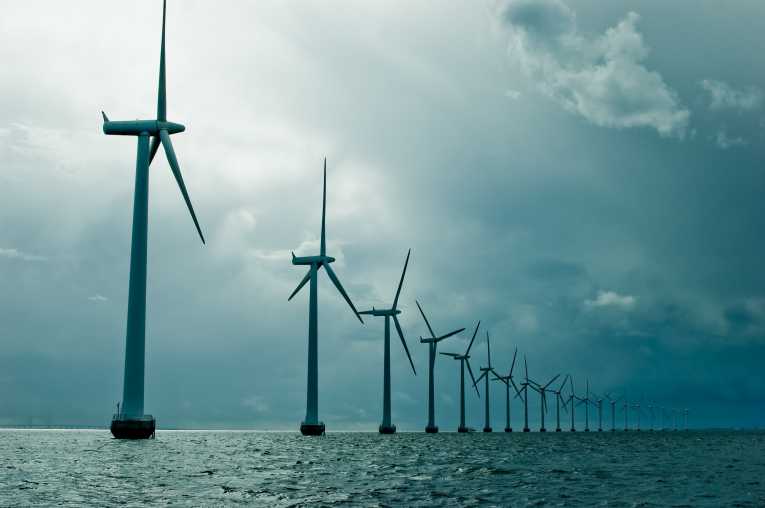Nuclear power and gas-fired carbon-capture plants are the big winners from the Renewable Energy Review, a report produced by the UK's independent advisory body, the Committee on Climate Change (CCC). The review, released today, was asked for by the UK's Energy and Climate Change minister, Chris Huhne, last May, and it stakes out the future of greening of the country's energy sector.
With the Coalition government signed up to a commitment to hit a 15% renewables target by 2020, the review outlines the energy mix options needed to achieve that goal. But hitting the target will, according to the CCC, require a heavy reliance on a newly reclassified 'renewable' energy source - nuclear power
As part of its long-term plan, the CCC sees the 2020 15% renewable goal as achievable, and is recommending that a 30% target by 2030 is 'appropriate' - with scope to move that on to a 45% by 2050, if conditions are right. The report looked at the whole range of possible sustainable and renewable energy sources, including wind, tide, wave and solar, as well as carbon-capture and storage (CCS) of emissions from existing fossil-fuel plants, and nuclear power stations.
The CCC recommends that the UK adopts a 'portfolio approach' to energy generation, which should cover both the more mature renewable technologies - such as nuclear and onshore wind - plus investment in the less tried-and-tested technologies such as CCS, offshore wind, tidal and wave power. Biofuels for transport are given the thumbs-down, given the problems of competition for land - between 'crops for the table' and 'crops for the tank'.
The report breaks down the estimated costs of all of these low-carbon energy approaches, and emphasizes the need for cost-effective solutions. And because their analysis puts nuclear power firmly in the low-cost camp of 'renewables' - despite much evidence to the contrary - the CCC sees nuclear power as a big player by 2030. In its 'illustrative scenario', of where energy will be coming from in twenty years time, nuclear takes a 40% slice of generation. Nuclear power is seen as a reliable power source that can be quickly ramped up by the authors.
In contrast, offshore wind plans currently on the drawing board are seen as over-ambitious. Unlike onshore wind, the technology for the massive infrastructure needed for offshore wind farms is seen as 'immature' - and the review suggests stretching the deployment of offshore wind to 2030, instead of a quick build up to 2020.
For many of those concerned that finding solutions to greenhouse gas emissions, and global warming, doesn't take another wrong turning, the emphasis on 'green-wash' renewables such as carbon-capture and nuclear power is disappointing. Bronwen Smith Thomas, from the World Wide Fund for Nature in the UK, said ''we believe the UK could and should go a lot further,'' saying that there should be a focus on a higher renewables target - and not on using nuclear power a crutch. And the selling of nuclear power as the green solution may well be a challenge in the world that still has pictures from Fukushima firmly in its mind.










